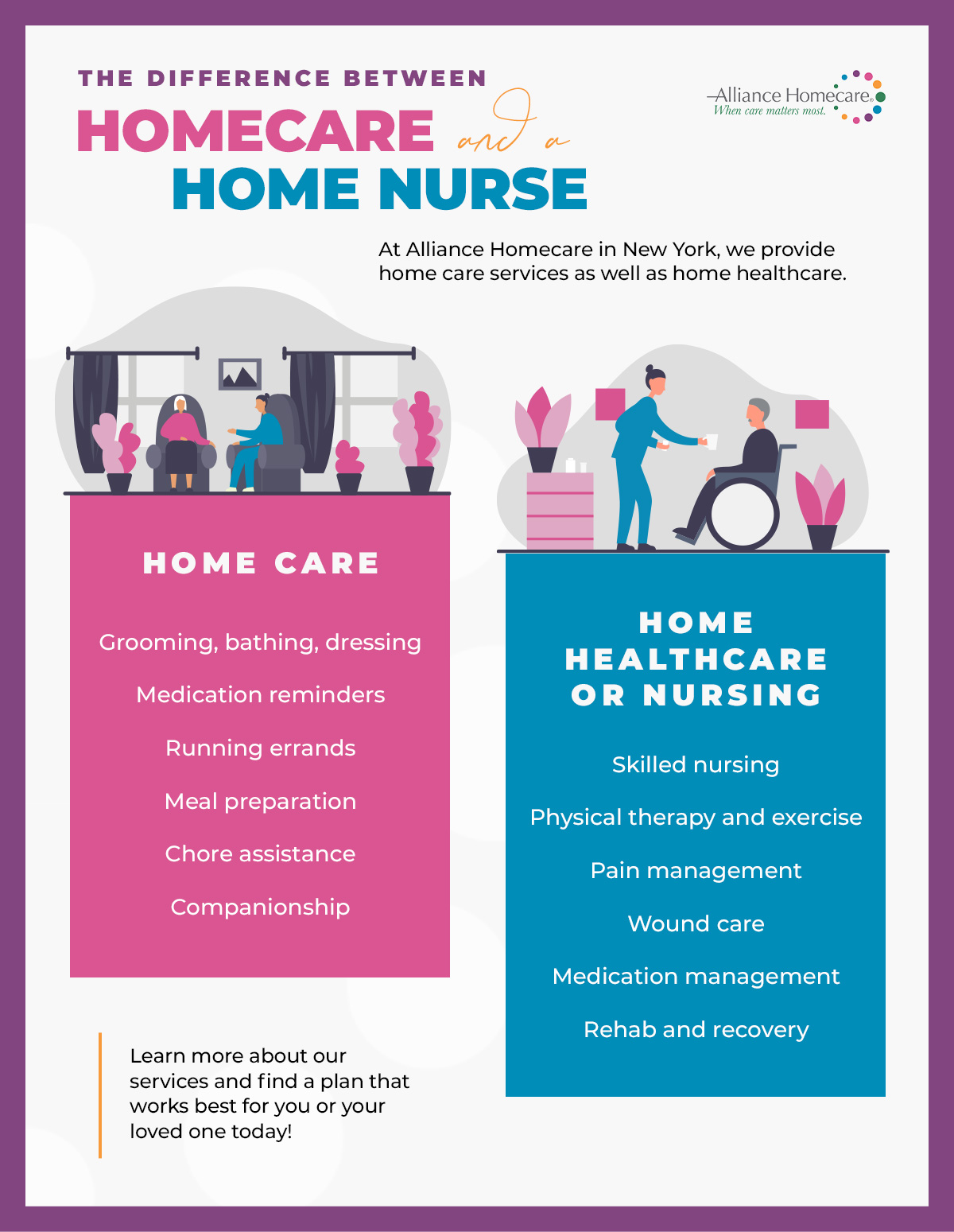Everything About Home Care Providers for Individuals With Disabilities: NDIS Registered Assistance
Home care solutions under the NDIS play an essential function in sustaining individuals with handicaps. These solutions are created to improve everyday living with customized aid, ranging from personal like mobility assistance. Recognizing how to browse these choices can be intricate. This summary explores the different aspects of NDIS home treatment, from offered solutions to the choice of suppliers, highlighting necessary factors to consider for those looking for support. The journey towards equipped care starts here.
Comprehending the NDIS and Its Purpose
The National Disability Insurance System (NDIS) works as a transformative framework made to provide assistance and solutions for individuals with specials needs. Developed to enhance the lifestyle and warranty equitable accessibility to crucial resources, the NDIS empowers participants by offering individualized plans tailored to their distinct needs. It aims to promote freedom, making it possible for individuals to pursue their individual goals and aspirations.Through a structured strategy, the NDIS assigns funding for numerous supports, consisting of education, employment aid, and community participation. This all-encompassing system not just focuses on prompt care but also highlights long-term developmental outcomes. By promoting option and control, the NDIS urges participants to choose their preferred provider, guaranteeing that care aligns with their worths and preferences. Eventually, the NDIS stands for a significant commitment to boosting the lives of people with handicaps, cultivating inclusivity, and building a much more encouraging society.
Sorts Of Home Care Provider Available
Various sorts of home treatment services deal with people with disabilities, primarily focusing on individual treatment help and respite care options. Individual treatment assistance gives crucial assistance with day-to-day activities, while respite care supplies temporary relief for main caretakers. Understanding these solutions is crucial for guaranteeing the well-being of both people with impairments and their households.
Personal Care Help
While steering life can present obstacles for individuals with disabilities, personal treatment assistance uses essential assistance customized to their distinct requirements. This type of home care service incorporates a series of tasks created to promote independence and enhance lifestyle. Individual care assistants help with daily jobs such as showering, dressing, brushing, and toileting, making sure people maintain individual health and convenience. They may likewise assist with meal preparation, drug monitoring, and mobility assistance. By supplying personalized treatment, these experts encourage people to involve even more totally in their daily regimens and social tasks. Generally, individual care aid plays a substantial duty in cultivating dignity and autonomy for those with handicaps, allowing them to flourish in their home atmosphere.

Break Care Options
Reprieve care functions as an essential resource for family members and caretakers of individuals with handicaps, offering temporary alleviation from the needs of day-to-day caregiving. This kind of service can take numerous forms, including at home reprieve treatment, where trained specialists go to the home to help with care tasks. Conversely, families might go with facility-based reprieve treatment, where individuals obtain treatment in a specialized atmosphere, permitting caregivers to relax. In addition, some companies use emergency reprieve solutions for unexpected circumstances. These choices not just aid reduce caregiver tension however additionally promote the health of individuals with disabilities by offering them brand-new experiences and social interaction. Generally, reprieve treatment plays a crucial duty in sustaining both caretakers and those they take care of.

Just How to Accessibility NDIS Home Treatment Solutions
Accessing NDIS home care services includes recognizing the qualification standards stated by the National Impairment Insurance Policy Plan. Individuals need to browse an organized application procedure to safeguard the needed assistance tailored to their requirements. This section will clarify both the eligibility requirements and the steps involved in requesting services.
Qualification Standards Discussed
To get NDIS home care solutions, people must satisfy details eligibility criteria that assess their demands and situations. Candidates need to be aged between 7 and 65 years and have a significant and long-term special needs that influences their capacity to perform day-to-day tasks. Additionally, they have to be an Australian resident, a permanent local, or hold a Protected Unique Category Visa. The NDIS needs evidence of the handicap, commonly through medical assessments or reports. Individuals must demonstrate that they require assistance to take part in social and economic life. These standards ensure that solutions are directed in the direction of those that genuinely need support, advertising freedom and enhanced high quality of life for individuals with disabilities.
Application Refine Steps
Can I Select My Own Support Workers With NDIS?
The specific made inquiries whether they might pick their own support employees under the NDIS framework. Typically, participants have the adaptability to pick support employees, promoting individualized treatment that straightens with their certain requirements and choices.
What Happens if My Needs Change After Receiving Support?
They must communicate these changes to their solution supplier if an individual's demands change after receiving assistance. Modifications can be made to the treatment strategy, making sure that the assistance stays relevant and efficient for their conditions.

Are There Limits on The Number Of Hours of Treatment I Can Get?
The individual asked about prospective limits on the variety of care hours obtained. Normally, such limits might exist based on specific plans or funding setups, highlighting the value of examining standards and arrangements frequently.
Can I Make Use Of NDIS Financing for Home Adjustments?
The question of making use of financing for home adjustments emerges often. Generally, individuals might utilize NDIS financing for necessary adjustments to their homes, guaranteeing accessibility and safety her explanation and security, contingent upon meeting particular qualification standards and standards.
How Do I Manage Complaints Regarding My Home Treatment Providers?
To address grievances concerning home care services, individuals should first document their worries. After that, they can interact straight with their provider, seeking resolution, or intensify the concern to relevant oversight bodies if required. Home treatment solutions under the NDIS play a crucial function in sustaining people with specials needs. Various kinds of home care solutions cater to people with disabilities, largely concentrating on personal treatment support and respite treatment alternatives. support at home provider. Individual treatment assistance supplies essential assistance with daily activities, while break care offers short-term relief for main caregivers. Households may opt for facility-based reprieve treatment, where individuals obtain treatment in a customized atmosphere, permitting caretakers to take a break. How can households effectively handle the financial aspects of home care services for people with impairments?